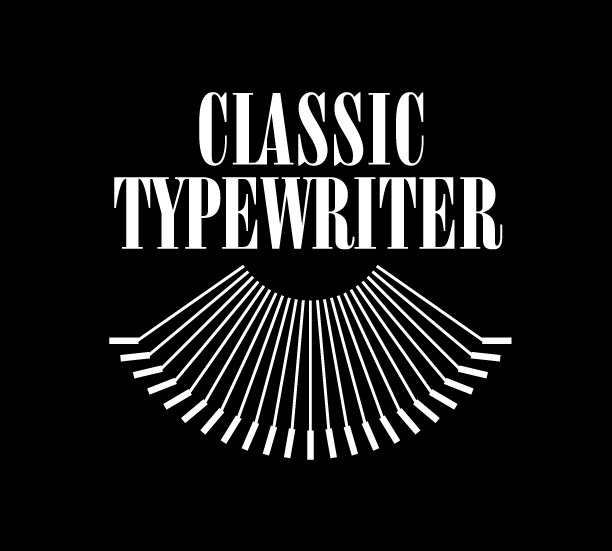Write like Henry Miller.
Henry Miller and his writing hold a special place in my heart.
I don't know why, exactly. It is more for my Zen inclinations than my literary tastes, I suppose. His writing seems to be the most visceral and alive.
When asked how he selected certain winners while he judged literary contests, Miller replied:
'I judge the man, not the work.'
This writer has haunted me for half my life.
He's the primary archetype when I think of 'The Screenless Writer.'
Here are his 11 rules for writing, known as the 11 commandments.
Work on one thing at a time until finished.
Start no more new books, add no more new material to ‘Black Spring.’
Don’t be nervous. Work calmly, joyously, recklessly on whatever is in hand.
Work according to Program and not according to mood. Stop at the appointed time!
When you can’t create you can work.
Cement a little every day, rather than add new fertilizers.
Keep human! See people, go places, drink if you feel like it.
Don’t be a draught-horse! Work with pleasure only.
Discard the Program when you feel like it—but go back to it next day. Concentrate. Narrow down. Exclude.
Forget the books you want to write. Think only of the book you are writing.
Write first and always. Painting, music, friends, cinema, all these come afterwards.
I don't follow most of those rules, but they remind me what writing is about.
I'm particularly interested in:
"Don’t be a draught-horse! Work with pleasure only."
What's why I developed this notion of writing on a typewriter, or Screenless Writing.
If you follow the prompts in the Screenless SCRIPT, voila, writing is enjoyable.
(This information isn't published until March-ish... I'm into the second draft).
How many drafts?
As many as it takes.
Robert Caro handwrites manuscripts and does a few handwritten drafts before typing the final draft.
Henry Miller would jot down outlines and notes, and sometimes type them, and then let fly on the manuscript.
Something like what Jack Kerouac did.
(both of these men were famous for their typewriter speed, an essential feature, perhaps, of profound, free-flow, stream-of-consciousness drafting).
TS Eliot was more of a plodder... slow, deliberate strokes. And it shows.
In the end, it is whatever works best.
No, not ONLY that. 'Whatever works best' is an efficiency model.
I'd re-frame that to...
'Whatever works best and is infused with joy.'
And whatever works best for the writing AND the writer; brings the writer and the writing closer to life.
AI is the most efficient, and the writer (and the writing) languishes.
I was at a meeting the other day to mentor a young priest (an unlikely role!) and at the end, someone put all of our notes into AI and they spit out the summary to hand to the priest. What I noticed was that, what could have been a rich conversational piece yielded nothing. No response.
Yes, the information was there, fully and completely. And yet something was missing... the EDGE that makes writing ALIVE.
We need glorious mistakes and typos; we need logical fallacies. Caro spends decades trying to rid his worn work of them, and he comes out the other end wiser for it, in a wiser world.
When I was in the cabin in the redwoods, I was drafting and had only one problem: tears of joy made it hard to read as I wrote. I mean, I had other problems, some of which were feminine in nature, but I don't remember those nearly as well.
And another problem, when I transferred this blessed draft it to the computer, it was painful.
So I gradually refined my own ways to draft fully, multiple drafts, without a computer. A few writers draft on a typewriter and then transfer right away to edit on a computer. The flow of the magic doesn't have to end with the first draft.
Whether you're organized or disorganized, the typewriter is a machine that'll serve you. There are just a few optional organizational steps.
And your fingers and brain need to evolve. I swear, when I swtch to a typewriter for any length of time, I can feel little-touched recesses of my brain ache and squeak. It's like walking into a haunted house, at first.
Then it gets cleaned up, polished. It feels like walking into a Cathedral, aglitter with unsung, ineffable light.
The main thing is to write enough to find the flow.
I get a lot of people writing me lately saying that they're ripping through a draft of a book they'd cogitated upon for years.
Stop cogitating. I mean, keep cogitating, but write, too.
Unless you've spent forty years living fully, then you can settle in to write a bit. Capture the essence of it all.
I'm going through all kinds of rare Henry Miller materials, and some documents on Lawrence Durrell and other literary friends of Miller.
The snow is falling outside. Wafting down from a white sky, catching light in every enfolded leaf.
A rare event in Chapel Hill. Reminds me of sauntering through Kyoto in my thirties. Like walking through a woodcut.
We write richly, so we can live richly, and then we live richly, so we can write richly. I remind myself, don't just sit in an office and be a hunched over 'writer.'
We all need a little more snow on our Kilimanjaro, teeth tinted with pipe smoke, and at least a few jagged scars of former glory.
Write on,
Steven Budden Jr.
